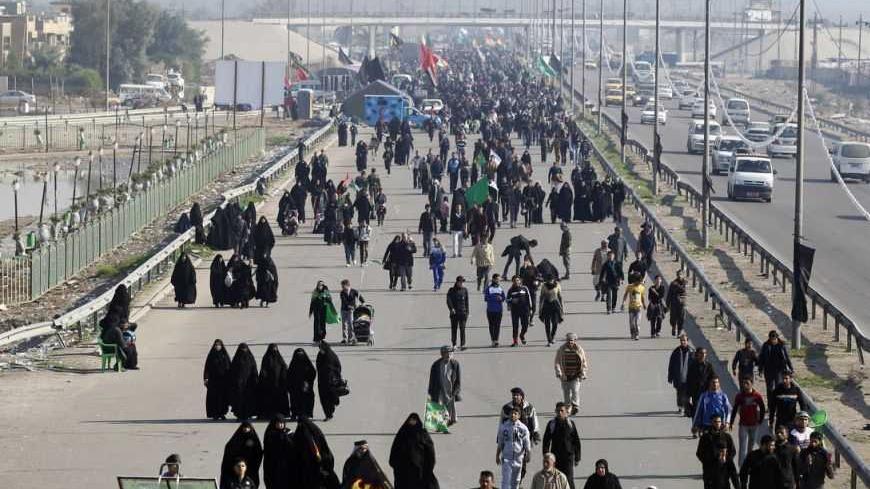Is there any doubt that Iraq’s foreign relations, especially those with Turkey and the Arab states, suffer from a systematic imbalance? We might attribute this imbalance to Iraqi politics, and — just as Iraq’s neighbors have stated — that the Iraqi government has not tried to build close ties with its Sunni Arab neighbors. Instead, it was led by impulse to build strategic relationships with Shiite Iran. We might even agree with the Iraqi government’s point of view, specifically that of the main Shiite parties, which believe that the neighboring Arab countries and Turkey — with their political method — have adopted a position of enmity since 2003 vis-à-vis the new Iraqi situation due to the “Shiite” regime in power.
However, attempts to reduce the political imbalance to an “ideological-sectarian” dispute won’t lead us anywhere. The historic, geographical, sectarian map makes it impossible to determine who is responsible for the Iraqi-Arab estrangement.



